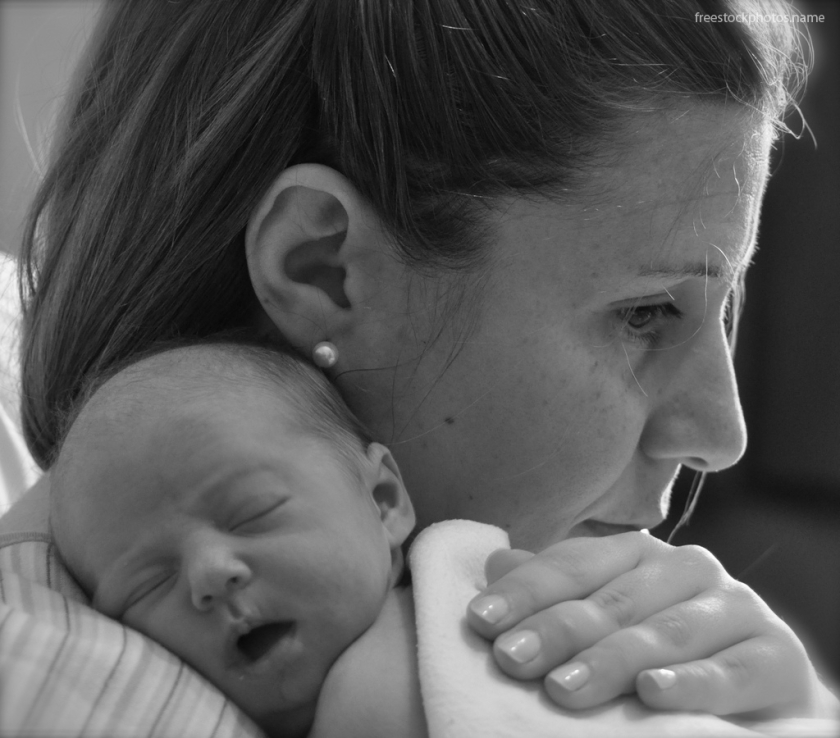

During the 2017 General Assembly, legislators heard for the first time about the impact of the opioid epidemic on families. The term substance-exposed infant, or substance-affected infant, was introduced to our vocabulary.
Disturbing trends in the opioid epidemic continue to surface during the 2018 General Assembly. The Department of Social Services floored us when it reported identifying over 1,500 substance-exposed infants in FY17, representing a 16 percent increase from the previous year. Likewise, the Department of Health recorded an increase in the number of infants diagnosed with neonatal abstinence syndrome (withdrawal from opioids).
Beyond the numbers, we are moved by the stories of families dealing with addiction and searching for opportunities to recover and heal. We found the stories of these families profiled in the Bristol-Herald Courier series “Addicted at Birth” very compelling and agreed with some Bristol-area officials’ assessment that current laws and policies are inadequate to help families.
In 2017, Voices supported legislation creating a workgroup to make recommendations about barriers to treatment for substance-affected infants. We participated in this workgroup along with partners from state agencies, early intervention, community services boards, child abuse prevention, home visiting, the medical community, and others. The resulting recommendations to the General Assembly and the administration focused on opportunities to improve services, coordination of care, funding, and prevention.
This year, Voices is hoping the General Assembly will make progress in addressing two of the identified barriers for substance-affected infants.
Bill status: These bills have passed their policy committees (Health, Welfare, and Institutions and Education and Health) and have been referred to the Appropriations and Finance committees to consider their small fiscal impact of $47,000 per year.
Virginia must expand health insurance access to the 400,000 currently uninsured individuals, including low-income mothers dealing with addiction or on the path to recovery. Several proposals to expand access are under consideration. Raise your voice in support of expanding access to health care, including access to addiction and recovery services, to low-income parents.
Read More Blog Posts